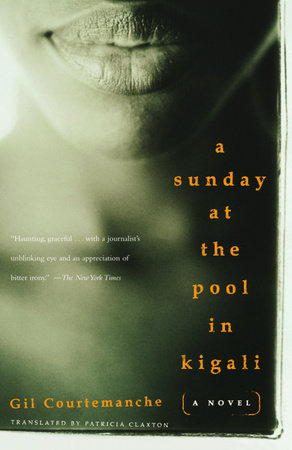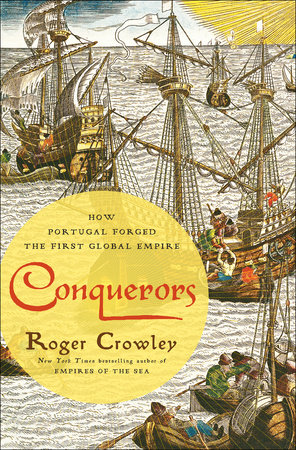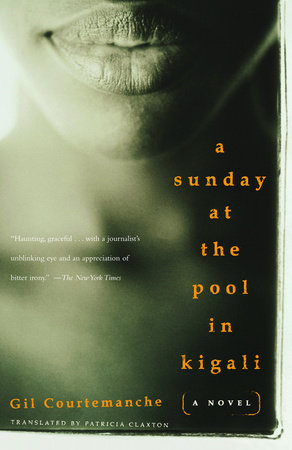

A Sunday at the Pool in Kigali
By Gil Courtemanche
By Gil Courtemanche
By Gil Courtemanche
By Gil Courtemanche
Category: Literary Fiction
Category: Literary Fiction

-
$16.00
Oct 12, 2004 | ISBN 9781400034345
-
Dec 18, 2007 | ISBN 9780307424525
YOU MAY ALSO LIKE
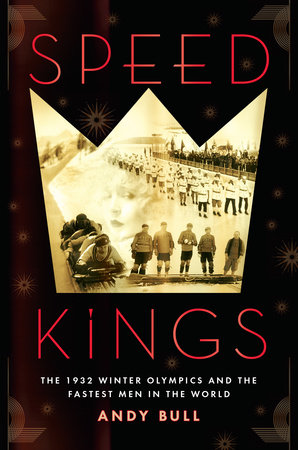
Speed Kings
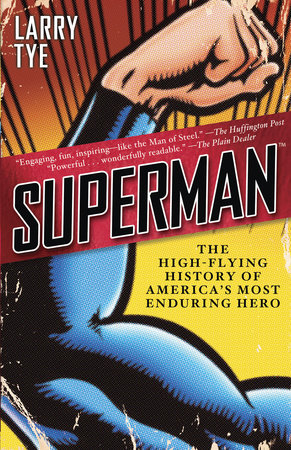
Superman
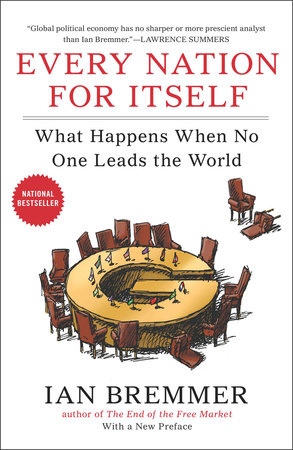
Every Nation for Itself

The Knowledge
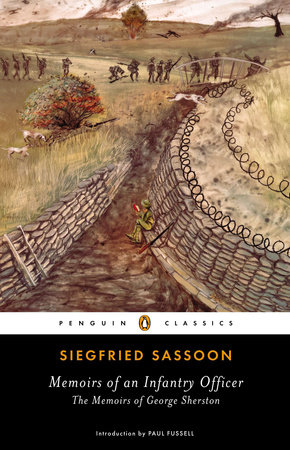
Memoirs of an Infantry Officer
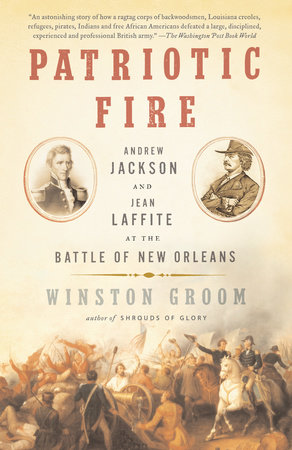
Patriotic Fire
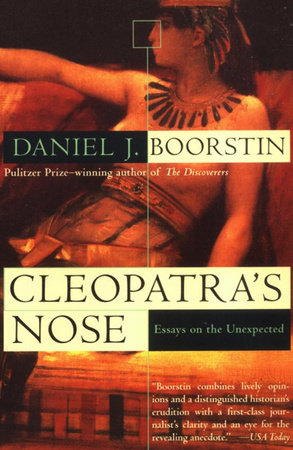
Cleopatra’s Nose
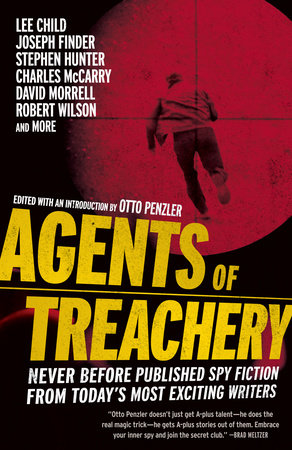
Agents of Treachery
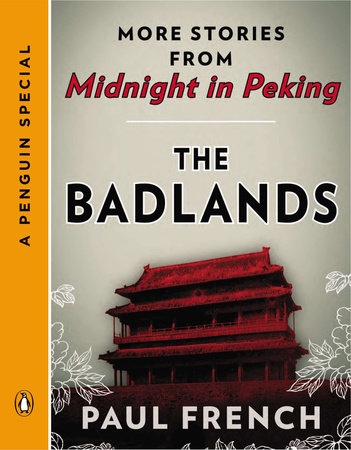
The Badlands
Praise
“Haunting, graceful . . . with a journalist’s unblinking eye and an appreciation of bitter irony.” —The New York Times
“Harrowing, cinematic. . . . Styled after Conrad, Camus, and Greene . . . it gets to you, slithers into your dreams like the original snake in the Edenic hill country of central Africa.” —Elle
“[A] wonderfully rich portrait of fear and love in the face of atrocity . . . chillingly evocative . . . This land of the dying comes alive.” —The New York Times Book Review
“Harrrowing. . . . A brilliant book full of rage and sorrow.” —The Baltimore Sun
“Remarkable. . . . Courtemanche . . . [uses] fiction’s unique capacity to imaginatively adopt the viewpoints of others to show us the reality of what happened in Rwanda more intimately than journalism ever could. . . . One cannot consider one’s awareness of the Rwanda Genocide sufficiently profound without reading this book.” —Washington Post
“The novel of the year. . . . A fresco with humanist accents which could easily find a place next to the works of Albert Camus and Graham Greene.” —La Presse
“Astonishing. . . . Moving, comic and horrifying all at once. . . . Courtemanche’s novel conveys the pressure of lived experience very powerfully; yet at the same time experience is clearly meditated by a sophisticated literary imagination. . . . The first great novel of the catastrophe that befell the country.” —The Guardian
“Compelling. . . . [Like] a report from the front lines. . . . Courtemanche, like his journalist hero, keeps the memory of [the Rwandan genocide] alive with his words.” —Boston Globe
“This is where Courtemanche is most powerful: he’s not afraid to question morality, nor to reveal the human condition in all its heinous inhumanity. The story is intense and gut-wrenching . . . poetic and disquieting.” —The Observer
“Illuminating and horrifying, compassionate and scathing. . . . Despite the harrowing subject matter of the novel, Courtemanche sustains a composed narrative voice of grim detachment. The effect is chilling.” —Times Literary Supplement
“Evokes humanity in all its depth and breadth. . . . Through a felicitous mix of reportage and fiction, Courtemanche has powerfully portrayed a lucid character deeply engaged in a humanist quest.” —Le Journal de Montreal
“Powerful. . . . Written with brutal earthiness and a tender, sensual transcendence.” —Toronto Globe & Mail
“Excellent. . . .Urgent and nervewrackingly ominous, with a surprisingly boisterous humour but, mostly, it leaves a numb shock.” –Financial Times
“This novel is not only powerful and beautifully written. Corrosive, denunciatory, A Sunday at the Pool in Kigali also evokes the powerlessness and the complicity that permitted the [Rwandan] massacre to take place.” —Le Devoir
21 Books You’ve Been Meaning to Read
Just for joining you’ll get personalized recommendations on your dashboard daily and features only for members.
Find Out More Join Now Sign In








